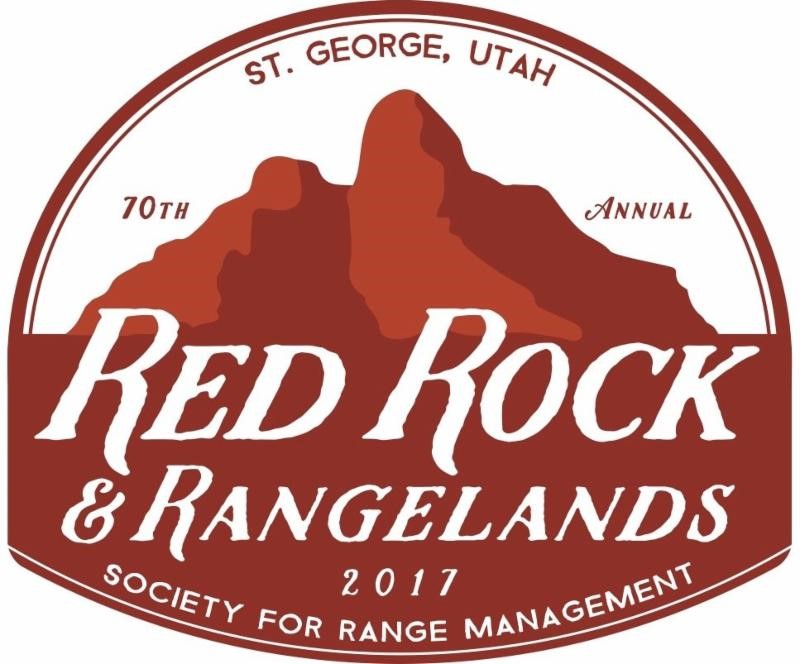SRM Rangeland Cup Guidelines
The Rangeland Cup team problem solving competition is an activity to promote critical thinking and cooperative, collaborative work on current topics and/or topics of historical importance to rangeland ecology and management. As we progress in our careers, much of our work is performed as part of a group. This competition is intended to build skills in interpersonal communication and group-problem solving, both of which are highly desired qualities in the workplace. All colleges and universities are invited to submit teams for this year’s competition.
Eligibility:
Each college or university may enter one or more teams into the event. Teams shall be made up of no more than four students and one professional mentor (i.e. ag producer, agency personnel, faculty, etc.). Teams are limited to one graduate student (with three undergraduate students), but can be made up entirely of undergraduate students if desired.
Topic:
Each year’s competition will be centered on an issue or problem of interest to rangeland management. New topics will be assigned each year. The competition may address real case studies submitted by agencies or individuals searching for alternative management possibilities. Teams will design an approach (accounting for ecological, economic, social, and political aspects) to solve or manage the issue. Issues and topics may include, but are not limited to: rangeland ecology, hydrology, rangeland wildlife, socio-political, endangered species, grazing management, inventory and analysis, human dimensions of range management, and rangeland hydrology. Creative and innovative approaches are highly encouraged, but approaches must be realistic and achievable. The topic will be distributed to each participating team by September 5th, giving all teams equal time (roughly one semester) to work on the project. The topic will be posted on the student conclave website, in the SRM member resource news, and will be emailed to departments with student groups active in the SRM.
Format:
Each team will present their approach/solution in poster format during a poster session at the SRM meeting. The poster session will be open to meeting attendees and judges will be circulating during the session. Posters will be limited to 36 by 48 inches, preferably landscape orientation.
Rules and Regulations:
Eligibility:
Each college or university may enter one or more teams into the event. Teams shall be made up of no more than four students and one professional mentor (i.e. ag producer, agency personnel, faculty, etc.). Teams are limited to one graduate student (with three undergraduate students), but can be made up entirely of undergraduate students if desired.
Topic:
Each year’s competition will be centered on an issue or problem of interest to rangeland management. New topics will be assigned each year. The competition may address real case studies submitted by agencies or individuals searching for alternative management possibilities. Teams will design an approach (accounting for ecological, economic, social, and political aspects) to solve or manage the issue. Issues and topics may include, but are not limited to: rangeland ecology, hydrology, rangeland wildlife, socio-political, endangered species, grazing management, inventory and analysis, human dimensions of range management, and rangeland hydrology. Creative and innovative approaches are highly encouraged, but approaches must be realistic and achievable. The topic will be distributed to each participating team by September 5th, giving all teams equal time (roughly one semester) to work on the project. The topic will be posted on the student conclave website, in the SRM member resource news, and will be emailed to departments with student groups active in the SRM.
Format:
Each team will present their approach/solution in poster format during a poster session at the SRM meeting. The poster session will be open to meeting attendees and judges will be circulating during the session. Posters will be limited to 36 by 48 inches, preferably landscape orientation.
Rules and Regulations:
- At least one student must be present at the poster session to address questions; all team members are encouraged to be present if space permits. The mentor is encouraged to be present at the poster session as well, but the team will not be penalized if the mentor is unable to attend the poster session.
- Each institution may enter two teams.
- There will be 5 judges with different affiliations (i.e. government agencies, private industry, university faculty, agricultural producers) to reduce bias in the judging.
- Scores will be based on the Judging and Scoring criteria as agreed upon by competition officials. Criteria will be distributed to the teams prior to the competition.







 Society for Range Management
Society for Range Management